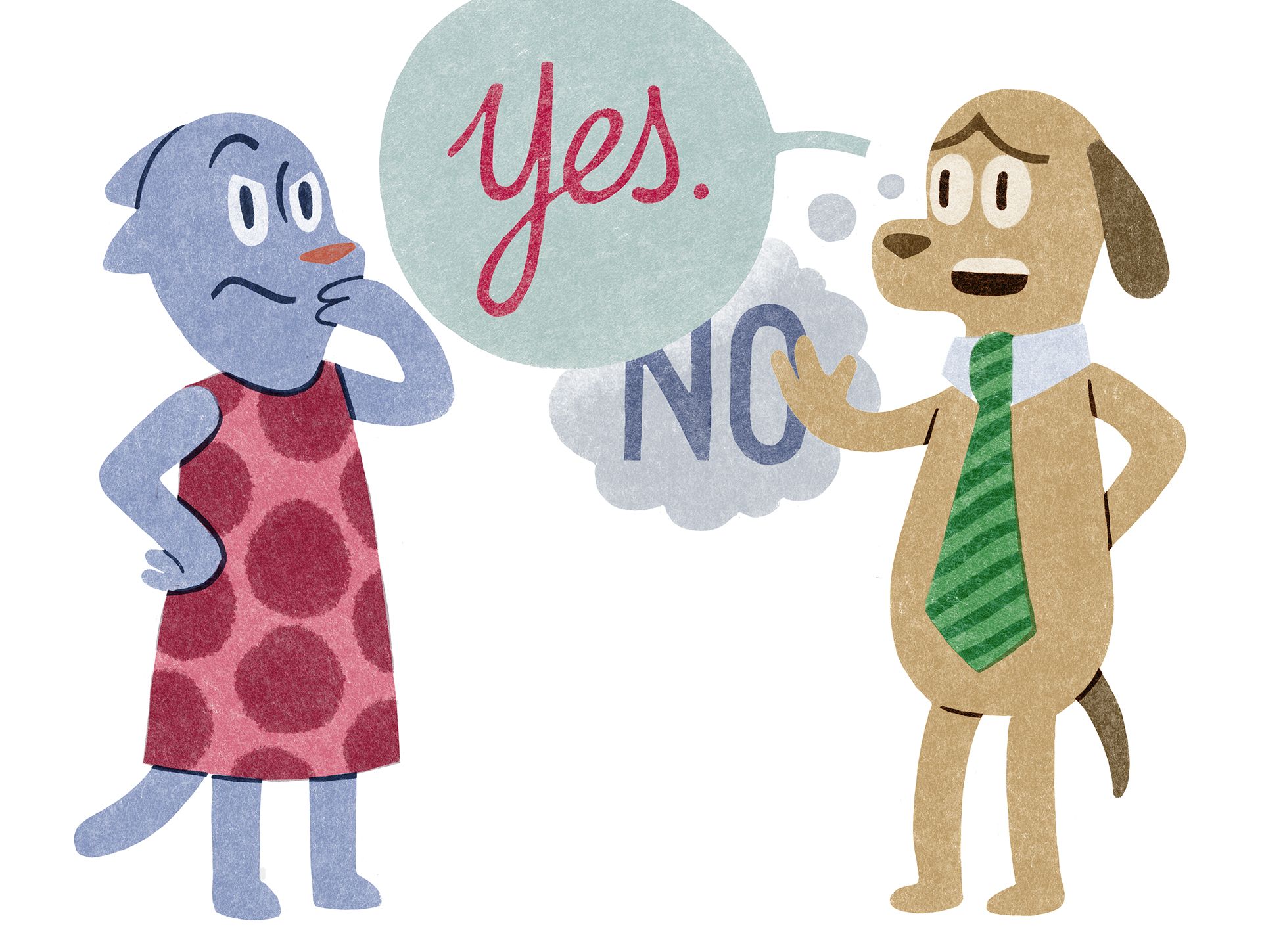

I got married in 2001. Our sex life was mostly fine, but it was always a little weird because I’m the only woman he’d ever been with — not only sexually, but in a relationship at all. I was 23, he was 30. We bought a house, had a couple of kids, etc., and our sex life settled into a great groove for a couple of years after the second kid was born. But in 2017 it hit the skids. He started having ED problems, but when I’d try to talk about it, he’d get angry and defensive. I tried to rewrite the sexual script, but that never worked. Finally in the fall of 2021, I made an appointment for marriage counseling. We were making progress at first, but then I realized that all he wanted to do was bitch about his job and his in-laws. He never came to me to initiate sex or conversations...


